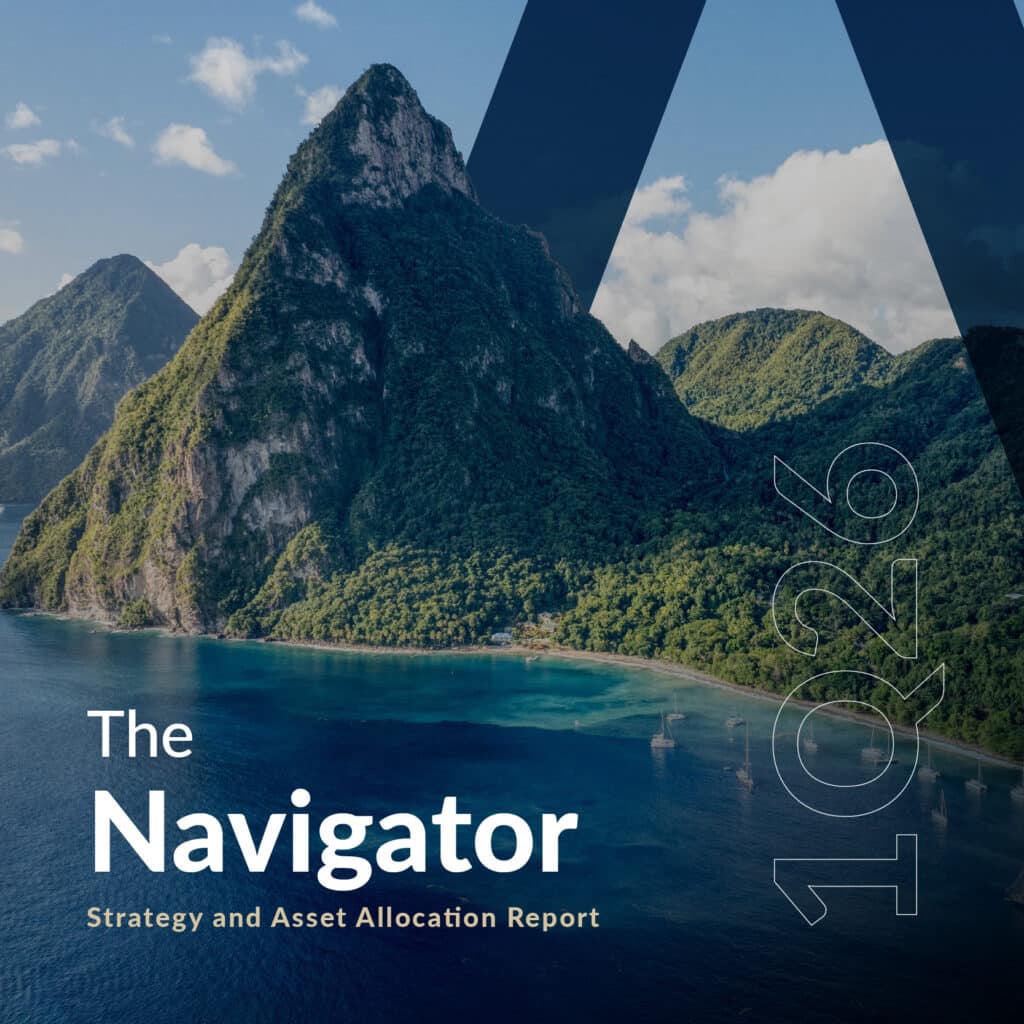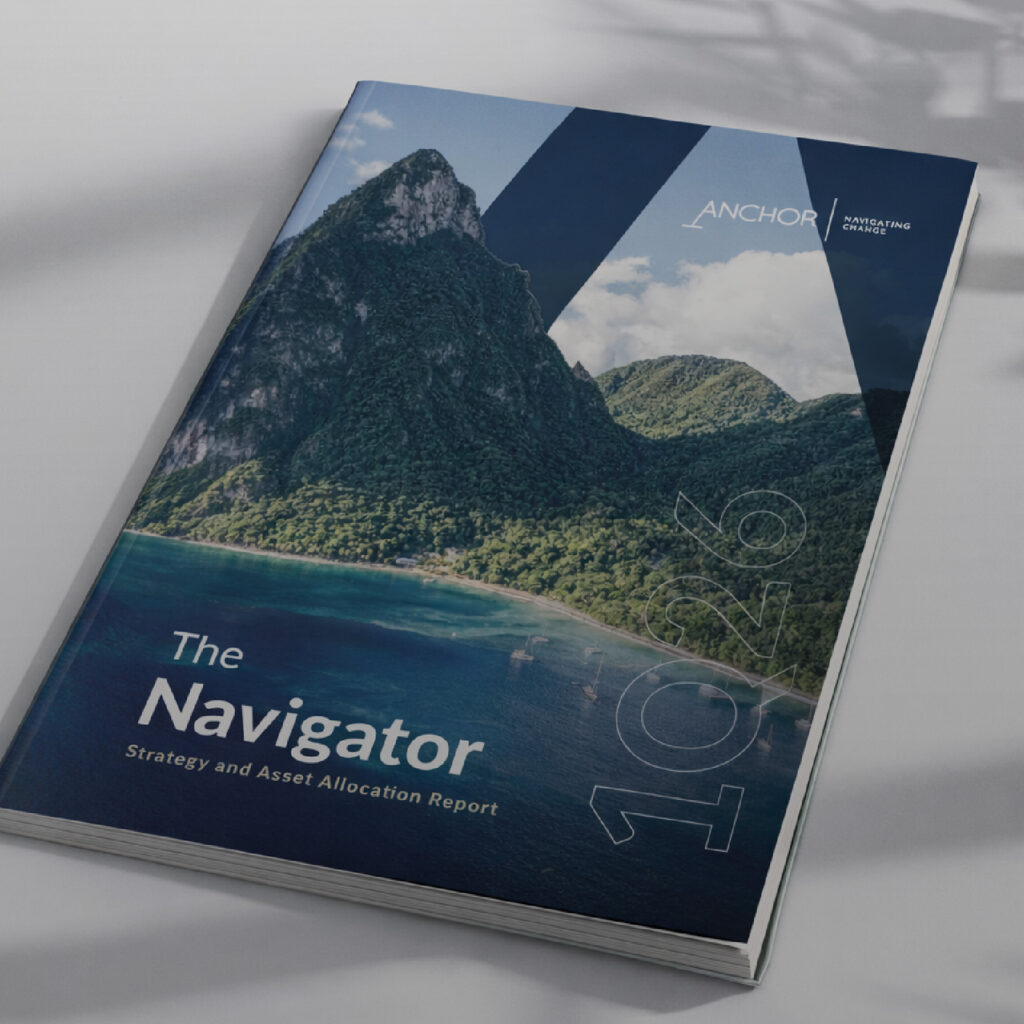SA’s listed corporate space has seen an unprecedented number of big market cap meltdowns over the past 2 years. In this article, we identify 20 high- profile listed companies whose share prices have plummeted and explain why. The temptation is to jump to the conclusion that SA business is fraught with malfeasance, but this analysis seeks to illustrate that, while there has no doubt been unethical behaviour, the majority of failures have been through a combination of bad luck, tough market conditions, one-off unanticipated events and poor judgement.
Many SA corporates’ share prices have been toppling at a time when the public sector has been exposed as having dodgy business practices. This gives one the sense that everybody is dishonest and most people are for sale at the right price. We have more faith in humanity than that. SA has a long- standing good name globally for the quality of management in the listed company space. This has no doubt been dented, but investors can rest assured that, in general, SA corporate’s ethics are sound.
Let’s first deal with the failures that might imply some level of impropriety: Steinhoff, Tongaat and EOH.
Many SA corporate share prices have been toppling at a time when the public sector has been exposed as having dodgy business practices.
Steinhoff, with its share price 99% off its highs, is an anomaly. Once in an investment career, fund managers might come across a high-profile, high- value fraud. For me, and most of my industry peers, that was Steinhoff. I clearly remember telling our investment team the night before Marcus Jooste’s resignation that it was inconceivable that such a big company could be a giant fraud, especially considering the high profile nature of the directors, auditors and everybody else associated with the company.
To put it in context, this is the second- biggest listed company fraud in global history. Yes, read that again. The Enron fraud of 2000 brought down Arthur Anderson and changed global risk assessment forever. The Enron fraud involved $60bn of assets and by comparison Steinhoff’s was $30bn. And now it’s all gone – zero value remains and the share price of around R1.50 (from a high of R95), represents a faint glimmer of hope that there might just be something left. We posit there is no value left. Zero. A combination of false profits, related party transactions and dubious property valuations deceived the smartest minds in the country.
Then comes Tongaat. From a high of R140/share, it was recently suspended from the JSE at a price of R13.21/share. The problem is that the company built up a high level of debt and a decrease in asset value has a negative multiplier effect. The beans have not been spilt yet, but it appears that sugar cane valuations were overstated, and property deals brought to account were nowhere near done and many had to be reversed after new management faced this reality. The company is in the process of a forensic investigation. The accounting fraternity is alarmed and the previous management will be under pressure. The question being asked is if they inflated profits to secure generous incentives.
Then comes the previously high-flying EOH, with the share price down from R168 to R15. The highly regarded new CEO, Stephen van Coller, who was brought in to regain credibility, found worms when he peeled back the can. In the part of the business that deals with the public sector, certain individuals are being investigated for their part in transactions which “may relate to legitimate transactions, theft or bribery and corruption payments” (this might be the best way for the stretched National Prosecution Authority [NPA] to get irrefutable evidence of corruption). Microsoft has cancelled its licence for the group and there is a risk that other global vendors will follow suit. There appears to be some value left, but it’s a long road ahead and will involve selling off some of the family jewels.
Those three are the companies where bad behaviour has been implied. For the rest it’s bad luck, poor judgement and the toughest local operating conditions in decades:
Aspen (share price down from a high of R385 to R95 currently): The low cost of money globally lured Aspen into numerous deals which have not turned out as expected. The heroes of SA pharmaceuticals have not cracked it internationally and debt increased as profits went sideways or down. We back the management team to recover value and get the company back on the growth path but, in a common theme, some of the crown jewels are being sold off to right-size the balance sheet.
Mediclinic (R215 to R58): One of the best businesses in SA ventured offshore and got body blows in Dubai and Switzerland as regulators changed the rules of engagement. This saw a 75% drop in the share price off a highly geared balance sheet. It will be a long, slow recovery, but the underlying assets are of a high quality.
Tiger Brands (R467 to R230): This decline was caused by a combination of bad luck (Listeriosis), poor judgement (Nigerian investments), dismal market conditions and a global trend away from premium-priced food brands. There is a question mark over whether things have changed structurally – will consumers switch back from the Pick n Pay house brand to the much more expensive All Gold tomato sauce?
Netcare (R36 to R17): A company changing UK acquisition was eventually written off. Massive value was destroyed. Netcare is now trading at less than a 10x PE and a recent midnight appendix operation for my daughter reminded me that it provides an essential service. It’s cheap, but Discovery Health is pressuring the top line and it might not grow meaningfully for some time.
British American Tobacco (R942 to R590): The management team is doing just fine, but the market has marked down the share on concerns of reduced tobacco demand and regulatory moves.
MTN (R250 to R95): This share was smacked by Nigerian regulators who irrationally demanded $8bn back from the company (almost the entire current market capitalisation). This was subsequently retracted, but left investors in a quandary as to how to value EM businesses. Having 10% exposure to Iran has not helped in a Trump world.
Ascendis (R28 to R4): Buy lots of small businesses. Gear up, buy more, repeat. It’s all ended in tears and again it’s the theme of selling off the family jewels to repay debt.
Brait (R170 to R15): The value and prospects were destroyed by the acquisition of UK-retailer New Look. It (New Look) is effectively valued at zero in the Brait share price and has dragged the company into the doldrums.
Blue Label Telecoms (R21 to R3.60): The acquisition of a controlling stake in Cell C was a negative turning point. It is not working as planned and it’s a case of too much ambition and too much debt.
Intu Properties (R74 to R8): This is the Liberty offshoot into UK property where the retail sector has been a bloodbath. The company had to do the unspeakable and not pay a dividend to reduce debt.
Consolidated Infrastructure Group (R35 to R1.30): Government delays on power infrastructure projects, together with cash locked up in the Angolan subsidiary saw this company fall from grace. High debt levels and poor cash generation exacerbated the situation.
Woolworths (R97 to R54): A great SA business has been brought down by a disastrous Australian acquisition spree – the implied market value of the Aussie business is zero. The current valuation gives investors some optionality on at least the partial recovery of the Aussie business.
Truworths (R110 to R65): Ventures into the UK have seen value destroyed and the company is busy with massive store closures in the UK.
Resilient REIT (R152 to R63) and family: The sharp decline in the “Resilient family” shares were driven by accusations surrounding share dealing and related activities. The shares were trading at massive premiums to net asset value. While they have not been found guilty of anything, the shares have not recovered what they lost.
Rebosis Property Fund (R13.25 to 40c): Another example of a SA corporate borrowing money to buy a UK business. With the UK retail bloodbath, this R3bn acquisition has been written off. This leaves the company with unsustainable debt levels and, once again, it has to sell off the family jewels.
Almost the entire listed construction sector has been a disaster, with the big two exceptions being WBHO and Raubex. Poor local conditions, which were often exacerbated by offshore losses have seen Group Five and Aveng virtually vaporise. Another one is Omnia, which is another story of too much debt and not enough profit.
So what have we learnt? Some of the people we have trusted the most are not trustworthy. Analysts will be more sceptical for years to come and numbers do not lie (unless the numbers themselves are lies, as suggested by Steinhoff and Tongaat). But, for the most part, it was bad judgement. Be wary of companies with high gearing, be sceptical of big offshore investments and be aware of the risk posed by regulators who can change the rules of the game overnight.
Be wary of companies with high gearing, be sceptical of big offshore investments and be aware of the risk posed by regulators who can change the rules of the game overnight.
Are there more to come? The unexpected can always happen, but our view at present is that most of the pain has been felt and companies like Anheuser-Busch InBev are actively de- gearing in order not to be exposed if the global economy turns south.




